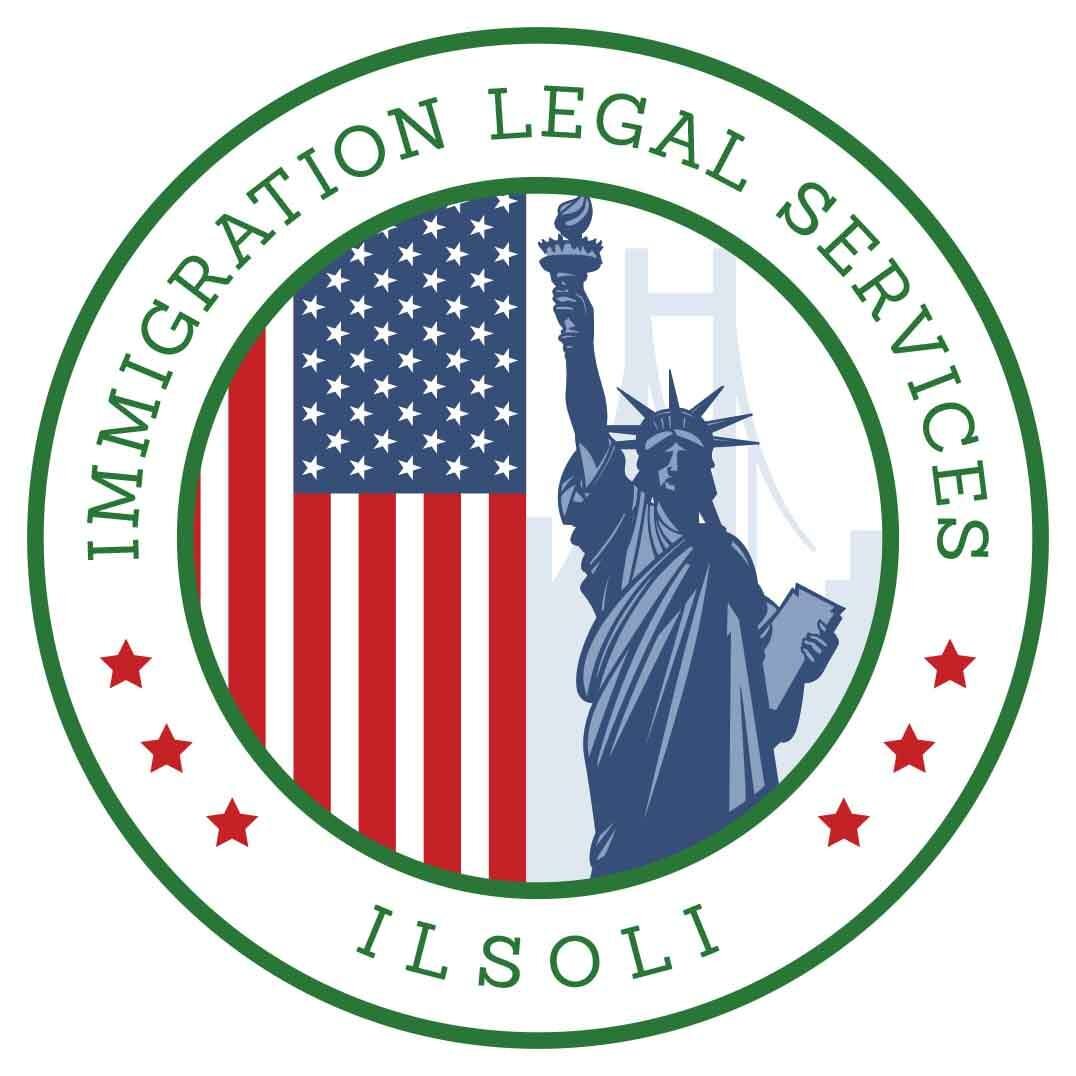Plan B of the Democrats in Congress to grant citizenship to the undocumented.
The Hispanic Caucus in Congress, led by Representative Raúl Ruiz (California), is clear about the complicated route under the Reconciliation process to approve the path to citizenship for undocumented immigrants, but they prepare several aces up their sleeves to achieve their mission, for minimal that may be.
In an interview with this newspaper, the Californian explained that the heart of the matter lies in the legislative arguments that are presented to the congresswoman, Elizabeth MacDonough , who will determine what reforms can be included under the Reconciliation process that facilitates approval with a simple majority. , but with strict rules to follow.
"If we go beyond what is allowed under those rules, and if we are not clear in our arguments, she can decide that no, that we cannot put immigration reform under the Reconciliation process, " Ruiz acknowledged.
However, he said Democrats are preparing various scenarios that may not benefit all 11 undocumented immigrants, but benefit as many as possible.
"So the focus and strategy of us Hispanics in Congress ... is to amplify ... what we can, to include as many as we can," he said. "And continue insisting and if the parliamentarian says that a group is not under the justification of the rules of the Reconciliation process, we will return with other groups and other groups ... and we will not finish until we can carry as much as we can ".
Democrats have at least four bills in Congress . The Dream and Promise Act and a reform for agricultural workers have already passed in the House of Representatives, but are stuck in the Senate, where a bill is being prepared that includes as many undocumented immigrants as possible.
In several interviews with activists and congressmen, there is a coincidence that it seeks to ensure naturalization for 'dreamers', people under Temporary Protected Status (TPS), farm workers and essential workers from different sectors, including medical and services food.
"In the Caucus we are looking at the way, the arguments in which we can include a step to citizenship and protections for 'dreamers', people with TPS, essential workers, even farmers," said Ruiz.
The economic justification
In mid-June the Center for American Progress (CAP) and the Center for Global Migration at the University of California, Davis (UC Davis) published an analysis of four scenarios on how it would benefit the US economy to grant citizenship to different groups of undocumented people.
Democrats are taking this report into account, which indicates the best scenario to grant citizenship to 11 million undocumented immigrants, which would contribute up to $ 1.7 billion dollars to the country's Gross Domestic Product (GDP) during the next decade, in addition to increasing the wages of all Americans and would create hundreds of thousands of new jobs.
The most conservative scenario is to benefit 'dreamers', TPS and essential workers, which would increase GDP by $ 1.5 trillion over 10 years and create 400,800 new jobs.
Representative Ruiz indicated that there are several studies, such as the one mentioned, that Democrats are taking into consideration.
"There is a direct case to say that the transition to citizenship to these groups will help the budget, the economy and should be part of the bill of the Reconciliation process," he defended. “We can create new jobs… increase family salaries. That creates more money to pay for Medicare, Social Security ”.
When will it advance
Rep. Ruiz said the best scenario for Democrats is to include some eight million undocumented immigrants, although other experts point out that it would be between five and seven million.
"It is very important to know that by including all the groups mentioned in particular, we can give a step to citizenship and protection of eight million people, but of course we want the 11 (million)," he insisted.
The legislative route begins in late August or early September, when a proposal is sent to the parliamentarian and negotiations begin from there. The Senate, where Chuck Schumer (New York) leads the majority, is at the helm of this .
The approval of some immigration reform could occur in October or at the latest in November .
“It is possible that in October that may happen, you first need to pass the instructions to the committees. That can happen at the end of August in the Senate or in September, ”Ruiz pointed out. "In a month we will have the details and decisions of the parliamentarian ... hopefully we will have a resolution in October, not later than November."
